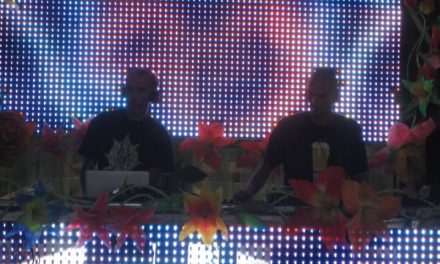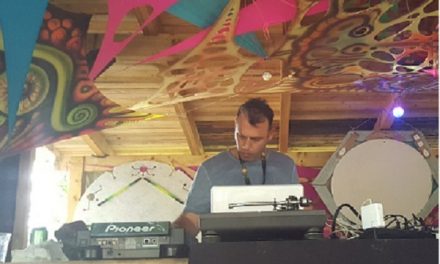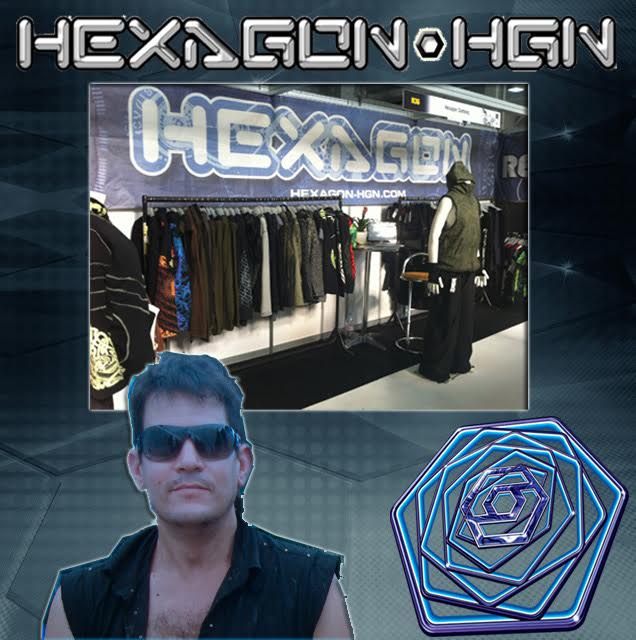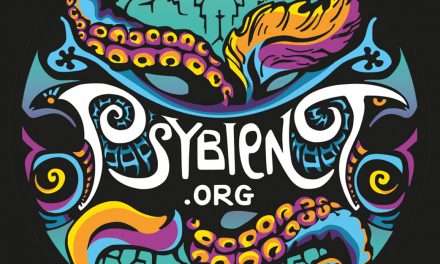‘Simplicity’ and ‘Uniqueness’ are two traits that most of us naturally gravitate towards. The music of ‘Yestegan chaY’ exhibits both of these attributes in an authentic manner, while also being the furthest thing away from the ordinary. A self-proclaimed ‘anti-producer’ who embodies his Israeli-Persian heritage effortlessly through his sounds, he creates an eclectic mix between oriental and electronic flavours for the listener, while striking a comfortable balance between his roots, and the global state of the present world.
Interview by Sanjay Gopalkrishnan on the 22nd of May 2021. Edited by Shantiago.
How did you get your artist name “Yestegan chaY”?
‘Yestegan chaY’ is a mix of 3 words in Farsi: Ye=one; Estekan=glass; Chai=tea (one glass of tea). My parents are Israeli-Persians so it is a common request in my house :)
At first, I actually used it as a name for a track, which I considered my first “good track” (remixed and released only 7 years later on my first album “Shikoon”). But eventually, I chose it as my artist name because it had an authentic and unique sound. I felt it would represent me and my music properly.
What does “Emberwood” mean? What about your other albums “Sponja” and “Shikoon”?
I actually didn’t know what “Emberwood” meant until Aryan from “Outtalectuals” presented it to me. We were looking for a name that will fit the track and compilation style and finally chose Emberwood, which literally means “glowing, hot coal made of heated wood”.
“Shikoon” is just part of the name of the neighbourhood I live in, which has its special oriental vibes that are somehow represented in the album.
“Sponja” is basically the act of washing the floor – Israeli style. For me, it also represents an experience that happens every Friday noon (as preparation for Shabbat the Jewish holy day), done by my mom, while in the background there is happy oriental Israeli or Persian music playing.
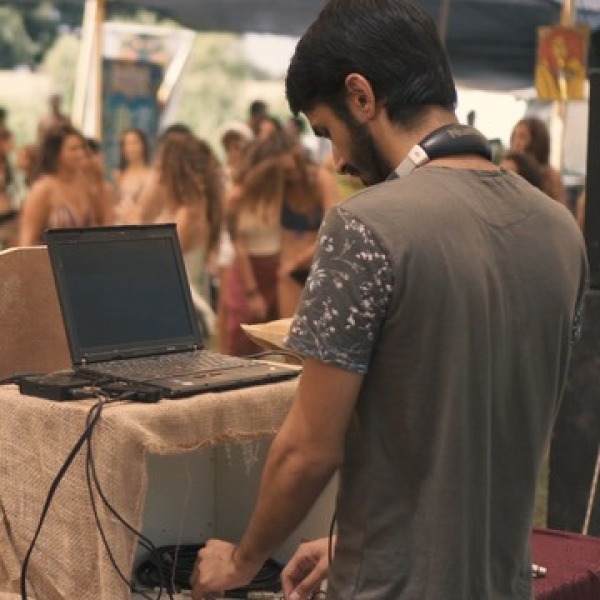
Are there any stories behind any of the tracks or the making of these albums that you would like to share?
As you can see by the track names I choose, I’m just trying to bring my simple life experiences to my music rather than telling any specific story. I grew up in an Israeli/Persian environment so I simply bring my “home” to my music and express my feelings in the most simple and authentic way.
Technically my albums are made of individual tracks which I collect through the years. I’m not really trying to create a “full” album experience. My creative process is very spontaneous and mood-based, I’m not thinking much about what I’m going to create. I just create, while getting inspiration from life around me and the music I like.
Can you tell us a bit about the instrument you play ‘Bulbul Tarang” and how you picked it up?
The Bulbul Tarang is an Indian String Instrument also known as Indian Banjo, it has two sets of strings, one set for drone, and one for melody. I first heard it in the music of the late Israeli singer “Ahuva Ozeri”, and was really touched by the sound of it and also by the way Ahuva played. Somehow I felt it would be an easy instrument for me to learn since I never played any instrument professionally before and this one is mostly melodic (no chords) so it didn’t look too complex for me at the time. As of today, I wouldn’t necessarily say that I’m playing it “the right way” but I can certainly express myself with it and it has easily become part of the “Yestegan sound”.
Can you tell us about your musical background, how you first got into music and music production and where did you learn from?
I don’t really have any musical background. Actually, even today, I don’t know music theory. I play and produce by ear. I got into electronic music production when I was 15 using Fruity Loops and then Cubase. I was trying to make psytrance at first (like a good Israeli kid) but quickly changed to more “freestyle” productions. I learned to produce by myself with the tiny bits of info I could find on the net at the time. I guess I’m kind of an “anti-producer”, I don’t have any high-end gear or special knowledge in sound.
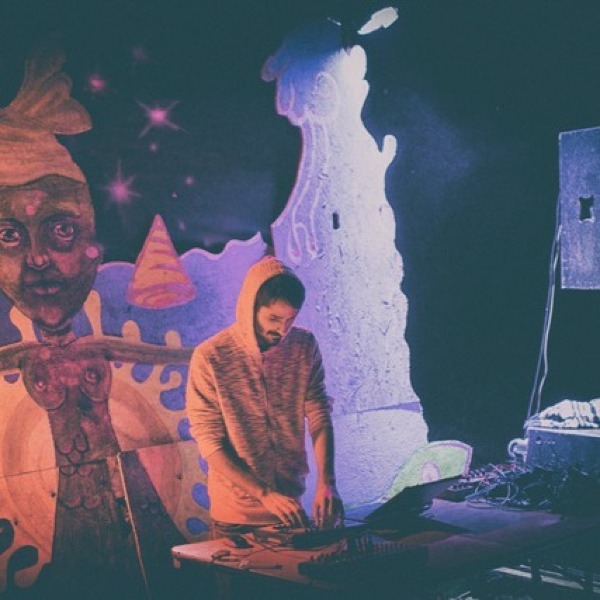
Who are your favourite artists/producers/musicians from all genres?
Ahuva Ozeri, Dudu Tasa, Tzliley Hakerem, Zohar Argov, Altin Gun, Fairuz, Omar Faruk Tekbilek, Ott, Jon Hopkins, Shpongle, Bluetech, Infected Mushroom (old stuff), Floex, Karsh Kale, Anoushka Shankar, Kendrick Lamar, Andre 3000, Pharrell Williams, Kettel, Tinariwen and more.
These days, I actually consume my music in a more random way through the streaming services so it has become more like ‘favourite songs’ than ‘favourite artists’.
What do you like to do apart from music?
The regular stuff: hang out with my friends, watch tv, play soccer (although I’m not very good at it), travel when possible.
How do you find a good balance between electronic and acoustic/organic sounds in your music? Also, how did you imagine creating a fusion of electronic and Middle Eastern sounds? {for example in the track Sarit HaDub: I love the vocals in the end!}
I’m not sure what constitutes a good balance in music. I guess to some people my music might sound too organic, and to others too electronic. I just do my thing and I guess both “sounds” kind of balance themself in a way that is pleasant and interesting to my ear. I also have my limitations as a musician. I can’t really make all-acoustic/organic music because I produce at my home studio – in an electronic music environment and usually don’t record more instruments other than guitar and Bulbul Tarang, but maybe in the future I will, and then this “balance” might change.
The fusion of electronic and middle eastern music was always natural to me. I didn’t really imagine or “try” to make this kind of fusion. This is me, my family, my home. At the end of the day, I’m a middle eastern guy!
Bandcamp: https://yesteganchay.bandcamp.com
SoundCloud: https://soundcloud.com/yestegan-chay
Spotify: http://spoti.fi/2Egfusx
iTunes: https://apple.co/2CIeNdi
YouTube: https://www.youtube.com/channel/UCh0yCVfgY7cAHRqne2QJoxw
Facebook: https://www.facebook.com/yesteganchay
Instagram: https://www.instagram.com/yestegan_chay/
Thanks again to mister_mime for original interview.


